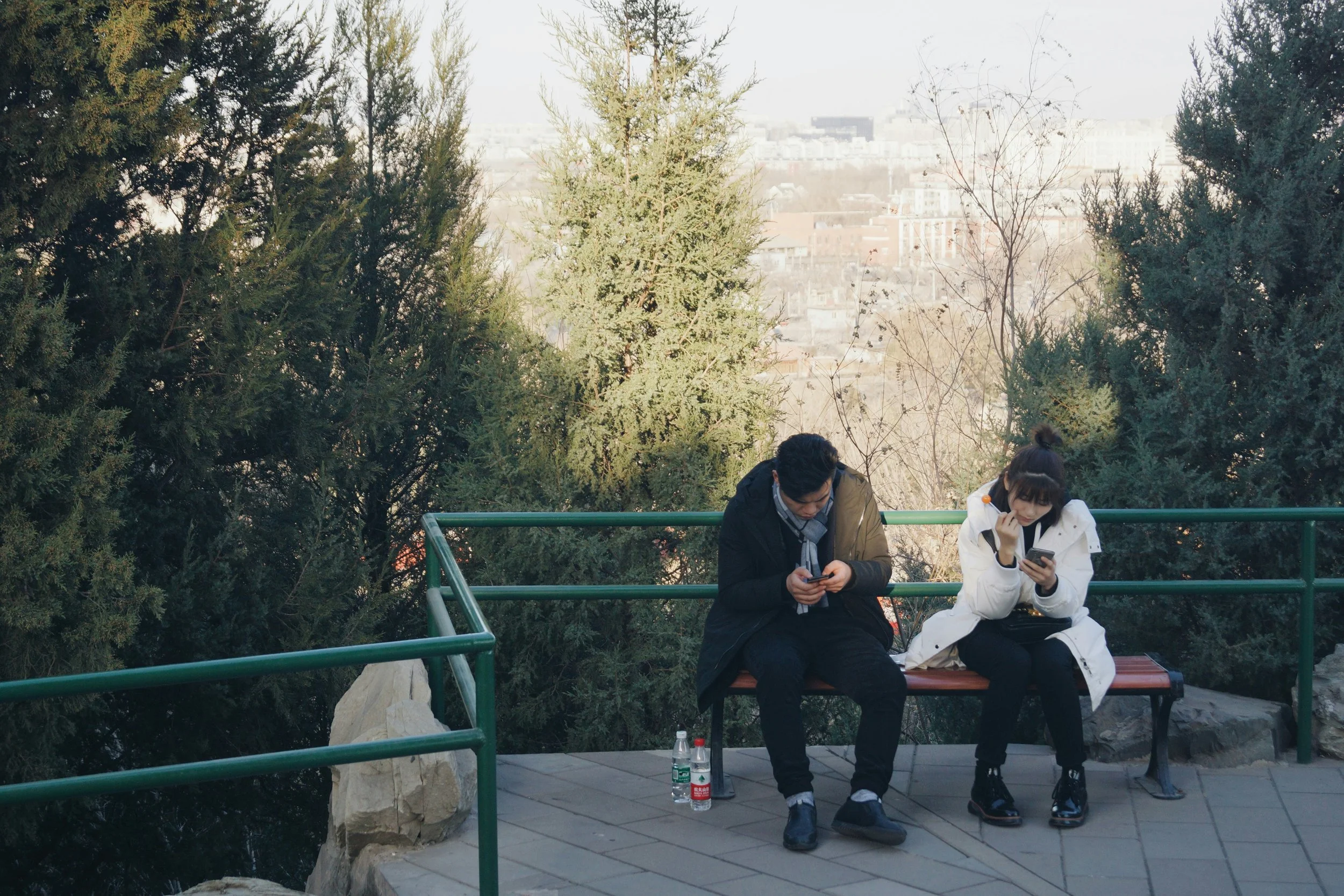I recommend journaling to many clients, and I talk with friends about how good it feels once I actually do it. And there’s always that moment — when I realize I’m not just recording my day anymore. I’m processing and speaking from a place I don’t usually slow down enough to access, and my inner world becomes so much more available.
Keeping Your Cool
Working with someone who just gets under your skin can be incredibly tough. Here are a few strategies that might help you manage your frustration:
Flowing with Mindfulness
Clients often ask what self-care and mindfulness activities I recommend or find the most helpful. Since each person is different, their body and needs for self-care will be unique to them and my answer depends on the symptoms that the client experiences. Breathwork, meditation, movement, and positive self-talk are a few self-care practices that I often recommend or incorporate into sessions; all of which are informed by my own yoga practice and training.
Functional Freeze
Functional freeze describes the experience of shutting down and numbing while staying functional and getting through. Our physiology is essentially revved up but shut down.
Nurturing Your Intuition
Throughout my adult life, I have continually sought to connect with my intuitive nature and cultivate grounding and mental clarity. These 5 practices have supported me in deciphering my intuitive voice from my ego voice. If they aren’t already part of your practice, try them out, and they may help you hone your wise intuitive voice too!
Post Covid Stress
I miss how I experienced my life Before The Pandemic or “BTP”. These days, my concept of time sometimes revolves around BTP and life After The Pandemic, or “ATP.”
I miss those long embracing hugs when first seeing a family member. I miss leaning in toward a friend at a coffee shop table and looking into their eyes as they share a story. I miss physical intimacy without the fear of getting sick. I miss signing up for workout classes at a local studio, sweating next to a workout friend, and feeling that shared sense of energetic community, without the fear that someone’s sweat will drip onto me and spread the virus.
BTP life used to feel balanced, joyful, harmonic, and expansive, whereas life ATP feels imbalanced, blah, chaotic, and cautiously small. It takes daily intentional effort to bring myself into balance and feel joy, harmony, and expansiveness.
As I write this, I am aware that I may be experiencing some of the symptoms of what mental health professionals are calling post-COVID stress or languishing. Some people have returned to a new normal and to the activities and routines they did BTP, including returning to work in person, hanging out often with friends and family, going to restaurants and events, attending workout classes, and traveling. Others, including myself, may continue to live a cautious lifestyle that looks noticeably different from BTP. Even if you have externally returned to BTP daily activities, you may relate inwardly to some of these post-COVID stress disorder symptoms.
Self Compassion
I went on my first silent meditation retreat about 10 years ago. Fairly new to meditating, I was nervous for many reasons, but my friend encouraged me to come along with her and I nervously accepted her challenge. I’m glad I did, because at this retreat I learned my first pivotal lesson on the importance of self-compassion.
When you get to the retreat center, the first thing you do is hand over your electronics like your phone, tablet, laptop, etc. This was *incredibly scary* for me. At the time, my dad was ill, and I made arrangements with my mom that she could call the retreat center if anything came up that I needed to know about. But the idea of disconnecting in this way made me feel like the ground was about to fall out from under me.
Boosting Self Esteem
Have you ever taken a step back to notice the mental chatter inside your head? The voice that says, “I’m not good enough,” “I’m not lovable,” “If only I looked like that, I’d be happier,” “They probably don’t like me because…”
That, my friends, is your state of self-esteem—and while self-esteem is an ongoing, dynamic process of self-appraisal, we can learn to bring it into balance—much closer to where we would like it to be.
I love working with my clients to help them build tools to completely transform their relationships with themselves and to the outside world. Working together, I can help you build a toolkit to arrive at a foundation of internal validation—one that is less reliant upon external validation (which, to be honest, is not the most reliable).
I don’t just talk the talk, I walk the walk—and, trust me, this walk is the one with the best view ;).
Here are my 6 best tips for increasing your self-esteem so that you are no longer seeking validation from the outside world and can finally look within yourself to see your true value.
6 Tips to Increase Self-Esteem:
Inner Child Work
Inner-child work.
Reparenting your inner child.
You may have heard these terms circling around in conversations, popping up while scrolling social media, or even mentioned to you by your therapist. But what actually IS inner child work?? What does it look like? & why is it so important? I’m here to answer those questions for you :)













